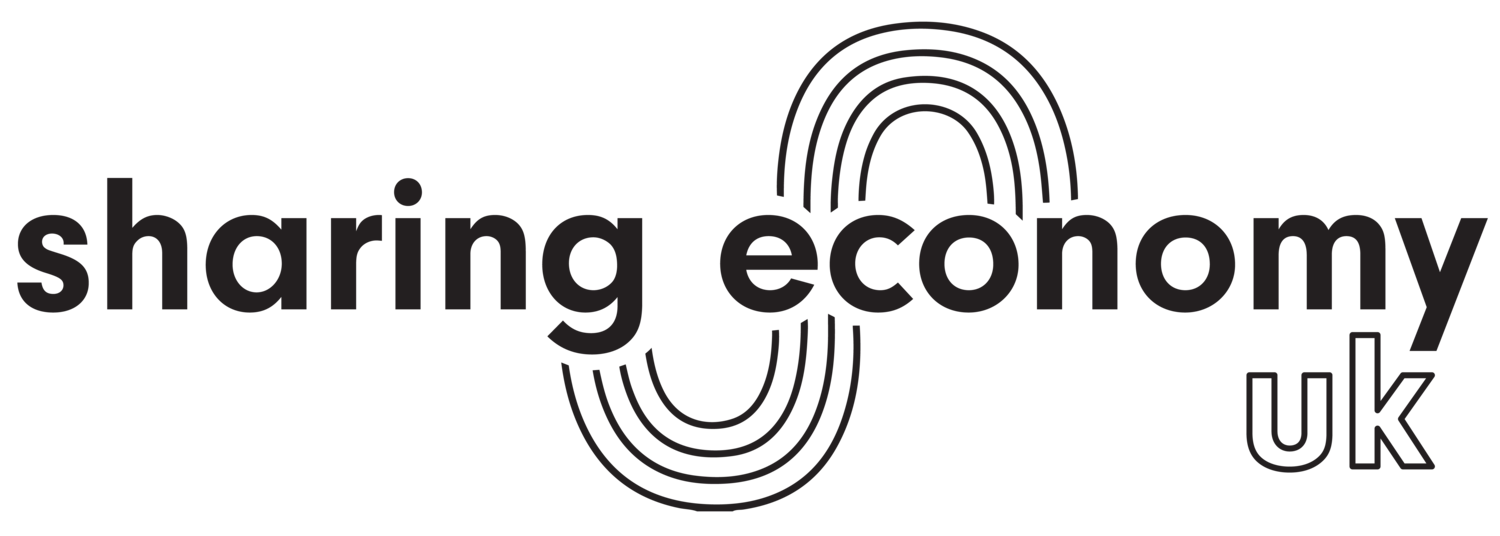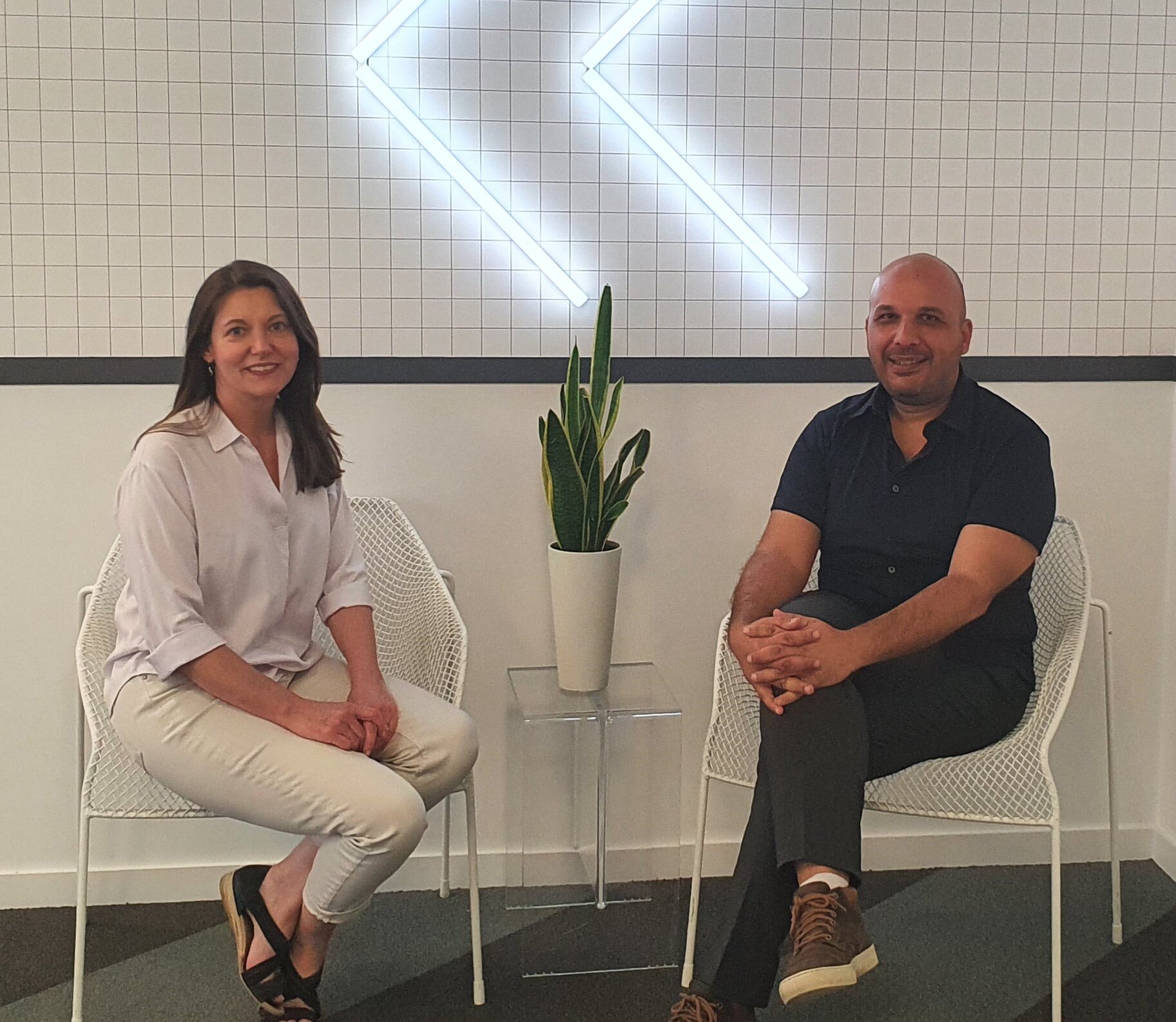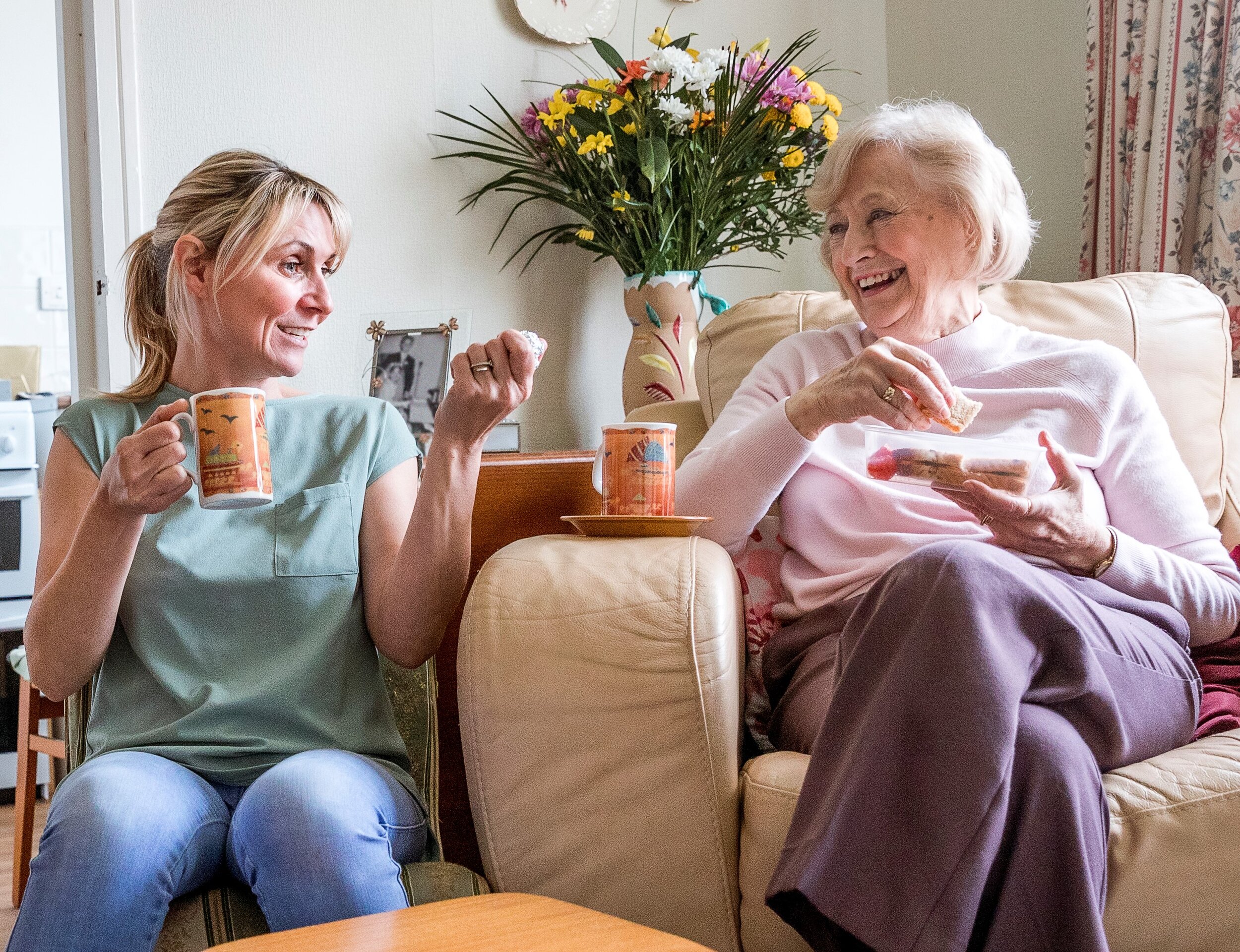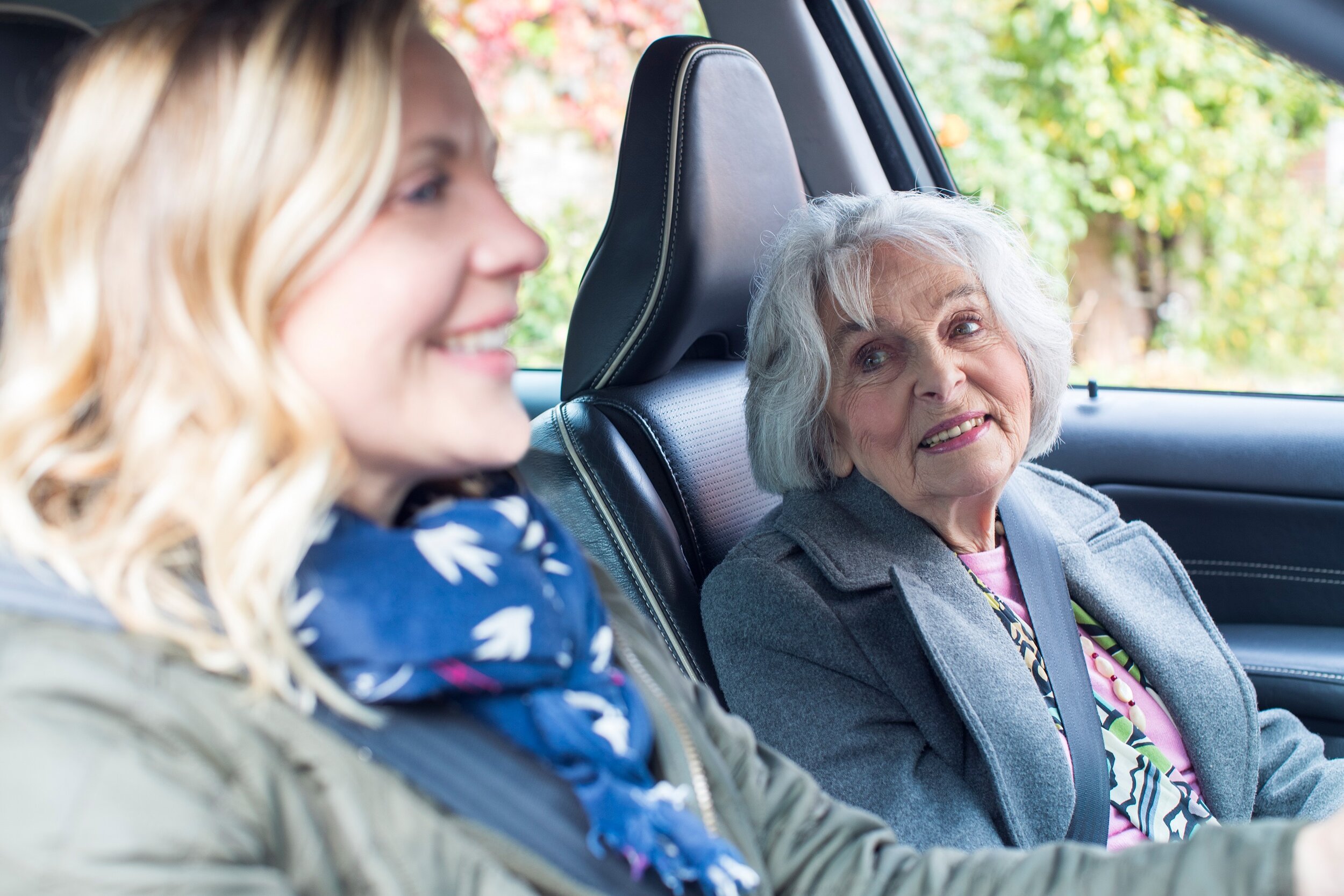Solve a problem, grow a business - the CBI interviews Good Life Sorted
How two entrepreneurs have seen the opportunity – and the reward – in supporting an ageing society, through Good Life Sorted
29 Nov 2021, 4 min read
Pip Brooking Editor, CBI
By 2050, it is projected that one in four people in the UK will be aged 65 years and over – an increase from approximately one in five in 2019. The ramifications for a social care sector that’s already 120,000 staff short are huge.
But what about those older people who don’t need care as such, who want to stay independent but need help to do so – especially if they don’t have family living close by?
Enter Constantine Karampatsos, who was inspired by his 96-year-old grandma – who had help from a neighbour to enable her to continue living at home – to launch a business that connected elderly people with helpers in their local community.
He joined forces with former Amazon co-worker, Verity Batchelder, to apply the experience and discipline – and some of the marketplace expertise – they developed in the fast-growth corporate environment to a very human problem.
“We both wanted to do something a bit more meaningful,” he says.
“I see it as part of my responsibility as an entrepreneur to help solve a big societal challenge like this,” adds Batchelder.
There are plenty of people willing to help out
The duo are quick to clarify that those they recruit as helpers are not carers. Typically, they carry out household chores, cook meals, run errands or (perhaps most importantly) simply provide company – rather than fulfilling personal care needs.
And although helpers are DBS-checked and vetted through interviews and references, and Good Life Sorted ensures they have the right training and insurance in place, they are not regulated.
It means there’s a bigger pool of people potentially ready to answer the call to help than the social care sector could ever attract.
“We’re probably the most female dominant business in the sharing economy,” says Batchelder. “90% of our helpers are female, usually aged around their mid-30s to mid-50s. These are women who don’t want a full-time job, and they need flexibility in a part-time role – so we’re offering them exactly that and we’re empowering them to have this extra income that is really important to them. We’re opening up the gig economy to a whole new audience.”
Good Life Sorted, in effect, acts as an introductory service between the self-employed helper and the customer – who then build up their own relationship, while the business can facilitate invoicing and payment.
Technology will help us grow
In the two years since launch, and despite the pandemic, Good Life Sorted now has about 180 helpers visiting around 600 customers a month, across Dorset, Hampshire and Sussex, and it’s growing fast.
“We have aggressive national and even international expansion plans,” says Karampatsos. “The challenge is obviously taking a small model that works and making it scalable. So one of the key pieces is the value of technology – we’re a technology platform and we invest a lot in technology.”
Helpers use an app designed to manage their visits and their payments. And the sophisticated back-end system also matches helpers and customers.
But both Karampatsos and Batchelder reflect on the challenge of coming up with something others haven’t done before. They borrowed from various different business models – from home care agencies, from other sharing economy firms such as Task Rabbit, and from marketplaces. But it was difficult to find funding for such a new concept, with nowhere obvious to go for grants – even though the business has the potential to take pressure off local governments, hospitals struggling to discharge patients back to their homes, and the creaking social care system.
“We’ve now learnt a phenomenal amount about business structure, fund raising and investors,” says Karampatsos. “We just had to jump in and do it, and not be afraid to put ourselves out there, and talk to anybody.”
“This is the best step I’ve take in my career,” adds Batchelder. “The motivation you get from doing something you believe in and because you know it’s having a social impact – it’s incredibly rewarding.”



